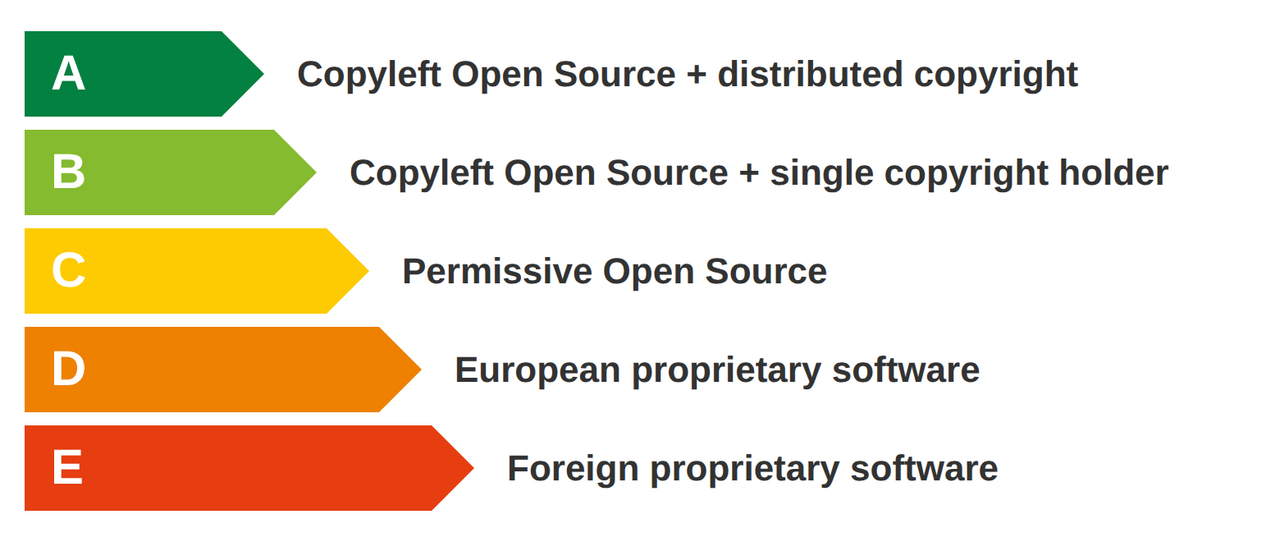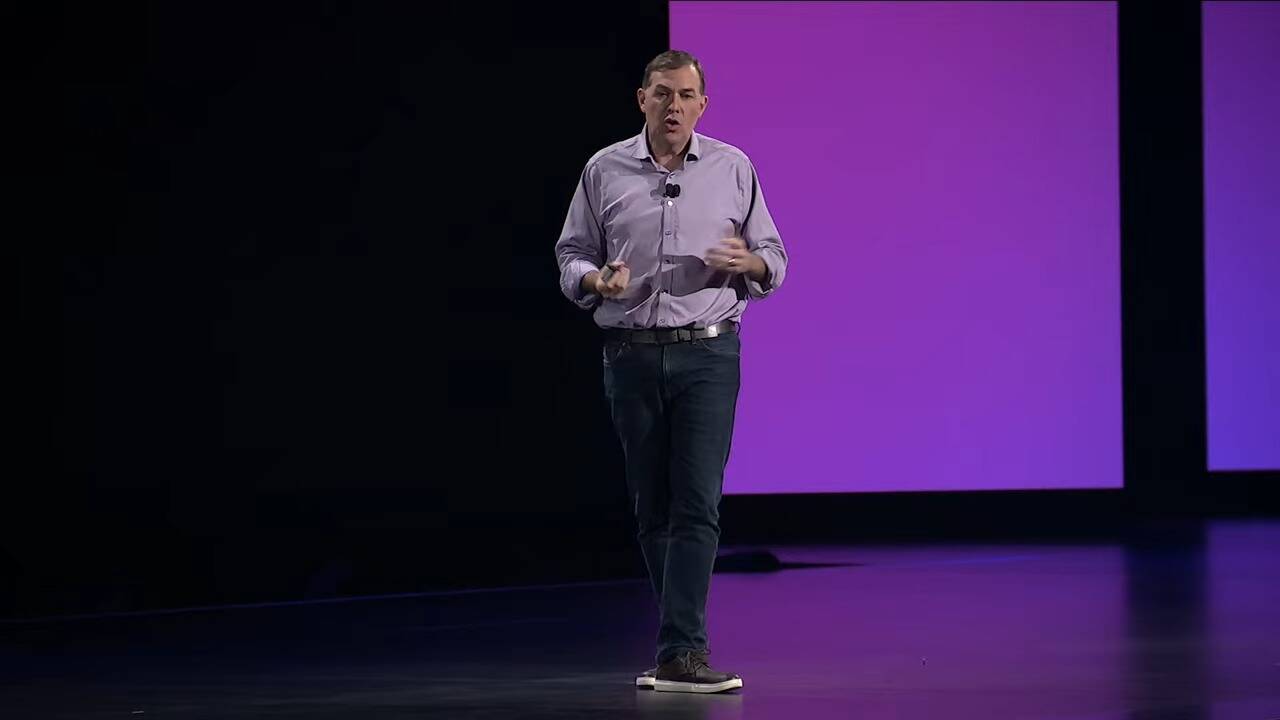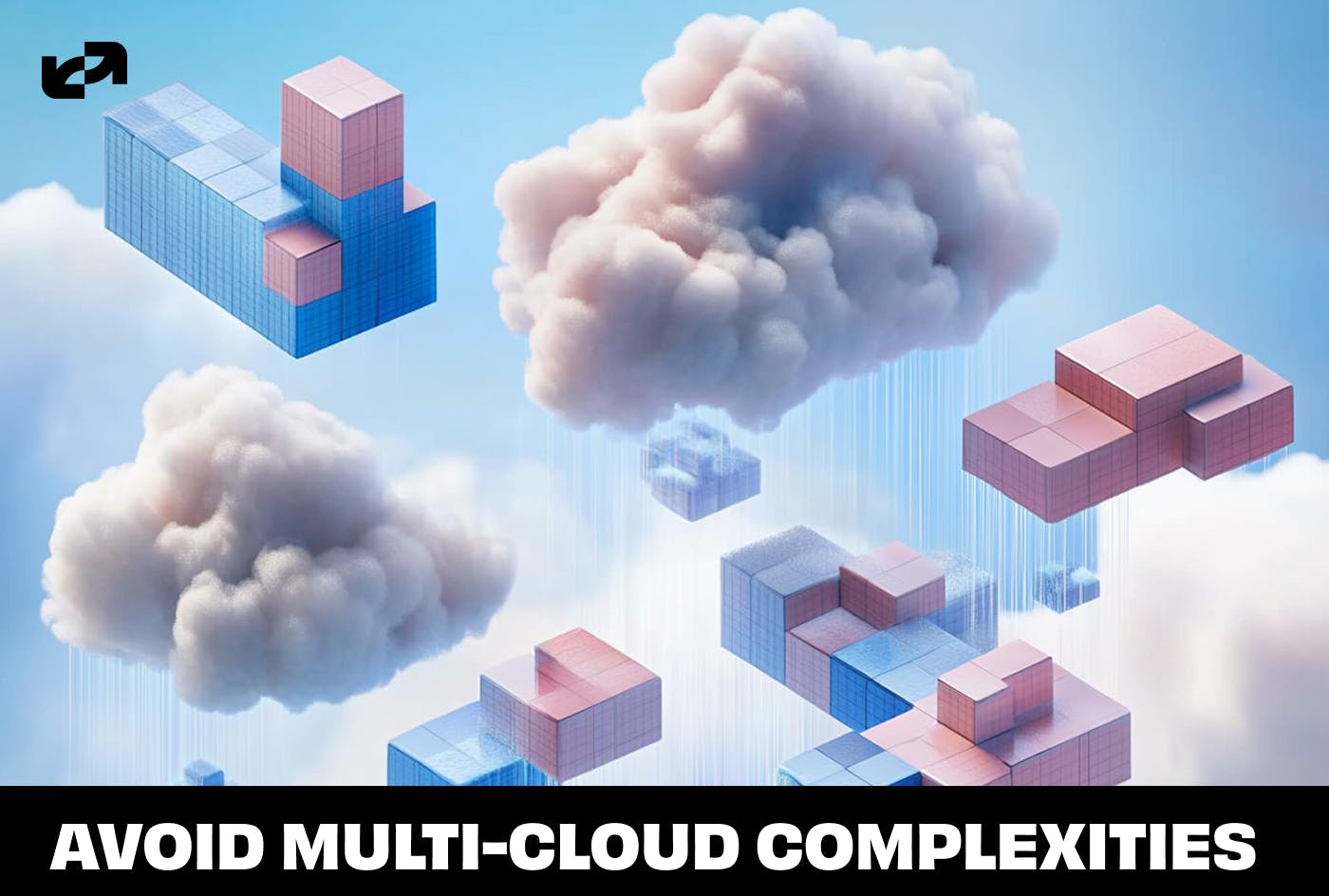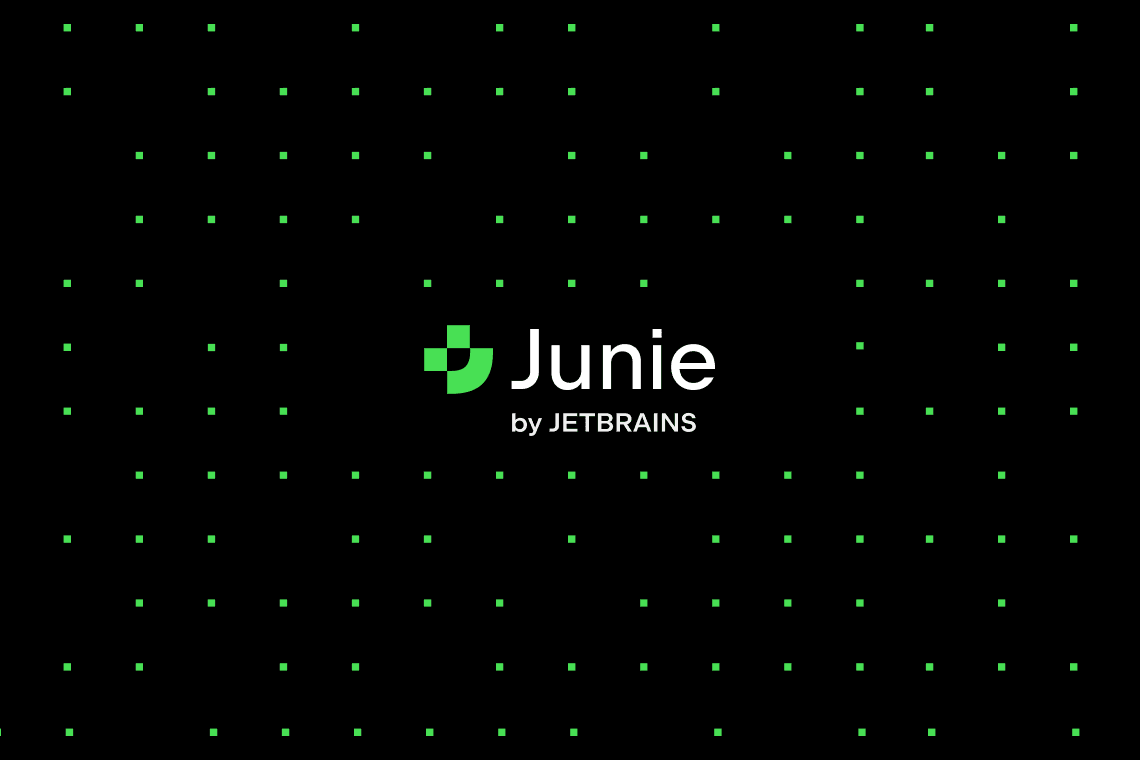#vendor-lock-in
#vendor-lock-in
[ follow ]
#palantir #data-portability #digital-sovereignty #multicloud #cloud-costs #open-source #enterprise-ai
fromInfoQ
3 weeks agoOpenEverest: Open Source Platform for Database Automation
Percona recently announced OpenEverest, an open-source platform for automated database provisioning and management that supports multiple database technologies. Launched initially as Percona Everest, OpenEverest can be hosted on any Kubernetes infrastructure, in the cloud, or on-premises. The main goal of the project is to avoid vendor lock-in while still providing an automated private DBaaS. Built on top of Kubernetes operators, it aims to avoid complex deployments that depend on a single cloud provider's technology.
DevOps
Tech industry
fromComputerWeekly.com
1 month agoThe impact of Tesco versus Broadcom lawsuit on software procurement | Computer Weekly
Broadcom's acquisitions and licensing changes allegedly created vendor lock-in and abusive bundled pricing, prompting Tesco's £100m lawsuit and long migration challenges.
Artificial intelligence
fromLogRocket Blog
1 month agoTanStack AI vs. Vercel AI SDK: Choosing the right AI library for React - LogRocket Blog
Isomorphic tools eliminate duplicated server/client implementations by defining tools once with shared types and selecting execution (.server()/.client()), reducing duplication, drift, and vendor lock-in.
US politics
fromwww.theguardian.com
1 month agoTrump may be the beginning of the end for enshittification' this is our chance to make tech good again | Cory Doctorow
Digital devices are artificially locked by US-dominated tech companies, but hardware can run any software, creating an opening to unbundle platform control and reclaim choice.
fromChannelPro
2 months agoHow the UK public sector could benefit from strategic channel partnerships
The UK public sector has an expensive technology problem, costing roughly £45 billion a year, by its own estimates. That's taxpayer money poured into patching up outdated systems, renewing old contracts, and keeping legacy software on life support.
UK politics
fromInfoWorld
2 months agoAWS AI Factories: Innovation or complication?
Last week at AWS re:Invent, amid many product announcements and cloud messages, AWS introduced AWS AI Factories. The press release emphasizes accelerating artificial intelligence development with Trainium, Nvidia GPUs, and reliable, secure infrastructure, all delivered with the ease, security, and sophistication you've come to expect from Amazon's cloud. If you're an enterprise leader with a budget and a mandate to "do more with AI," the announcement is likely to prompt C-suite inquiries about deploying your own factory.
Artificial intelligence
fromInfoWorld
2 months agoThe hidden cost of Amazon Nova 2
Amazon's Nova 2 announcement at AWS re:Invent 2025 is exactly the type of AI offering we expected from AWS and, frankly, exactly what should make thoughtful architects nervous. Nova 2 is positioned as a frontier-grade model, tightly integrated with Amazon Bedrock. It's part of a growing ecosystem of "frontier agents" and the AgentCore framework unveiled at re:Invent 2025. The story is compelling: better models, better tools, and a single platform to build, deploy, and scale agentic AI.
Artificial intelligence
fromTheregister
2 months agoUK eyes more tech megadeals after Microsoft pact
The commitment follows a string of setbacks in the government's handling of the largest tech suppliers, especially in the provision of cloud services. In February 2024, The Register reported that officials from the from the Central Digital & Data Office admitted the government's approach to cloud adoption had resulted in: "risk concentration and vendor lock-in that inhibit UK government's negotiating power over the cloud vendors."
UK politics
Miscellaneous
fromComputerWeekly.com
2 months agoGoogle Cloud withdraws complaint with European Commission over Microsoft's cloud licensing tactics | Computer Weekly
Google Cloud withdrew its September 2024 antitrust complaint to the European Commission after the EC opened its own probe into Microsoft's cloud licensing practices.
Startup companies
fromBusiness Insider
3 months agoThis startup created a tool to break Nvidia's chip lock-in. Read the pitch deck Spectral Compute used to raise $6 million.
Spectral Compute raised $6 million to build SCALE, a framework that enables CUDA-written applications to run on non-Nvidia GPUs, initially supporting some AMD architectures.
fromNextgov.com
3 months agoUncle Sam's software sprawl: Billions wasted, time to go pro
Consider the U.S. Department of Veterans Affairs, which recently committed $4.7 billion to Microsoft over five years, probably to repurchase software it has used for decades. This new contract obligates $940 million a year, almost double their previous $1.6 billion, three-year agreement. That's about $27 for every tax-filer in America. It also means the VA's spending on Microsoft has nearly doubled in just three years. Multiply this across many agencies and different vendors and the true cost to taxpayers becomes staggering.
US politics
Digital life
fromwww.theguardian.com
4 months agoThe Guardian view on the cloud crash: an outage that showed who really runs the internet | Editorial
A 15-hour AWS outage disrupted thousands of companies and millions of users, exposing heavy dependence and vulnerability to a few dominant cloud providers.
fromInfoWorld
5 months agoIs Meta's $10 billion cloud deal a good idea for you?
Shortly after Reuters broke the news that Meta, the company behind Facebook and Instagram, had signed a $10 billion, multiyear cloud deal with Google, a CIO friend called me with some questions: "David, should we be doing something like this? Are these mega prepurchase cloud agreements the new table stakes for enterprises?" The question is as pressing as it is complex. My answer, shaped by years of watching and guiding digital transformation, may not be what cloud vendors want you to hear.
Tech industry
fromZDNET
5 months agoDitching Windows? How to decide between Linux and MacOS - in 7 simple steps
The choice between Linux and MacOS isn't hard. If you can answer these questions, you'll know which to choose. Both are outstanding choices and will serve you well. I use both Linux and MacOS. The former is used for everyday tasks, and the latter for video editing and mobile usage (please, someone, create a Linux laptop that is as reliable and similar to a MacBook).
Apple
fromTheregister
6 months agoGoogle undercuts rivals with 47 AI deal for Uncle Sam
Not to be outdone by the makers of ChatGPT and Claude, who each agreed to sell their services to the government for $1 per agency, Google has agreed to even deeper discount terms, pitching its various government-capable AI products for just $0.47 per agency, valid through 2026. The half-a-buck Google AI deal is part of the General Services Administration's OneGov purchasing strategy that seeks to streamline the purchasing of products for federal agencies.
Artificial intelligence
Women in technology
fromHackernoon
8 months agoThe TechBeat: How To Delete the Mental Code That Keeps You Average (6/8/2025) | HackerNoon
Vendor lock-in jeopardizes cloud storage freedom, prompting a shift towards decentralized solutions.
AI should complement human input as a co-pilot rather than a replacement.
[ Load more ]









